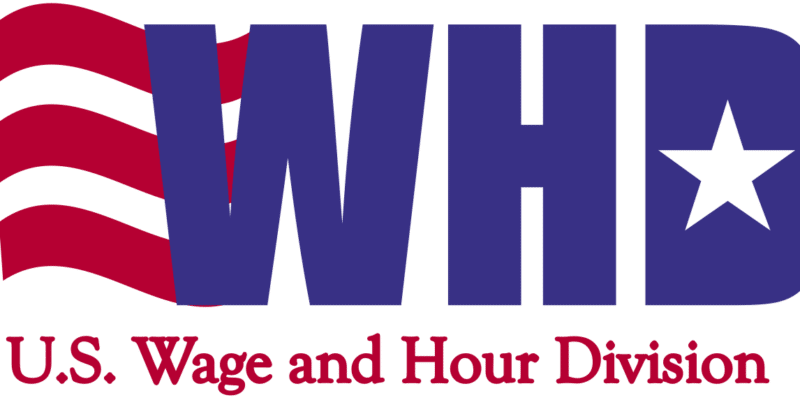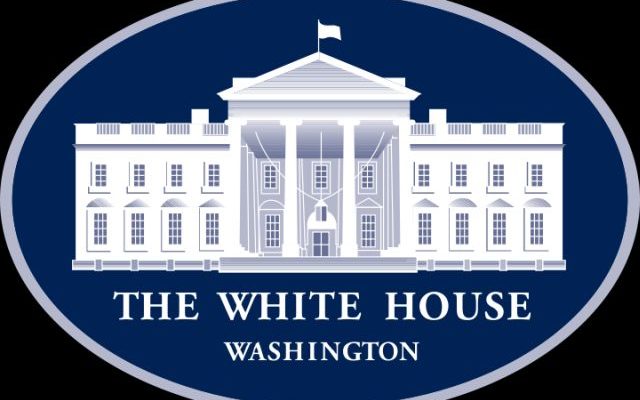By Alexandra Barbee-Garrett, Peter J. Eyre & Thomas P. Gies on August 23, 2022
On August 18, 2022, the FAR Council issued a proposed amendment to the FAR implementing Executive Order 14063, Use of Project Labor Agreements for Federal Construction Projects, which requires the use of project labor agreements (PLAs) on any large-scale federal construction projects valued at or above $35 million unless an exception applies. The Order, and the proposed rule, also give agencies discretion to use PLAs on projects under that $35 million threshold.
In addition to expanding definitions of “construction,” “labor organization,” and “large-scale construction project” to align with E.O. 14063, the proposed rule would revise FAR 22.503 to reflect the change in policy that mandates agencies to require the use of PLAs when awarding large-scale federal construction contracts—including individual orders under Indefinite Delivery, Indefinite Quantity contracts—unless an exception applies. The proposed rule would make the PLA requirement a mandatory flow-down. The proposed rule would also allow agencies to include any additional agency-specific requirements in a PLA through FAR 22.504(b)(6), and would strike the current FAR 22.504(c), which grants agencies discretion to specify PLA terms and conditions.
Both the E.O. and the proposed rule implementing it provide an exception from the PLA requirements. The proposed rule would allow the senior procurement executive of an agency to grant a written exception to the PLA requirement in each of the following circumstances, as provided in the E.O.:
1. Requiring a PLA would not achieve economy and efficiency in Federal procurement, as described in 22.504(d);
2. Requiring a PLA would substantially reduce the number of potential bidders so as to frustrate full and open competition, i.e., where adequate competition at a fair and reasonable price could not be achieved; or
3. Requiring a PLA would be inconsistent with statutes, regulations, other E.O.s., or Presidential Memoranda.
This change in policy will become effective with the publication of the Final Rule, following a 60-day public comment period.
We will continue to monitor developments concerning this initiative.









